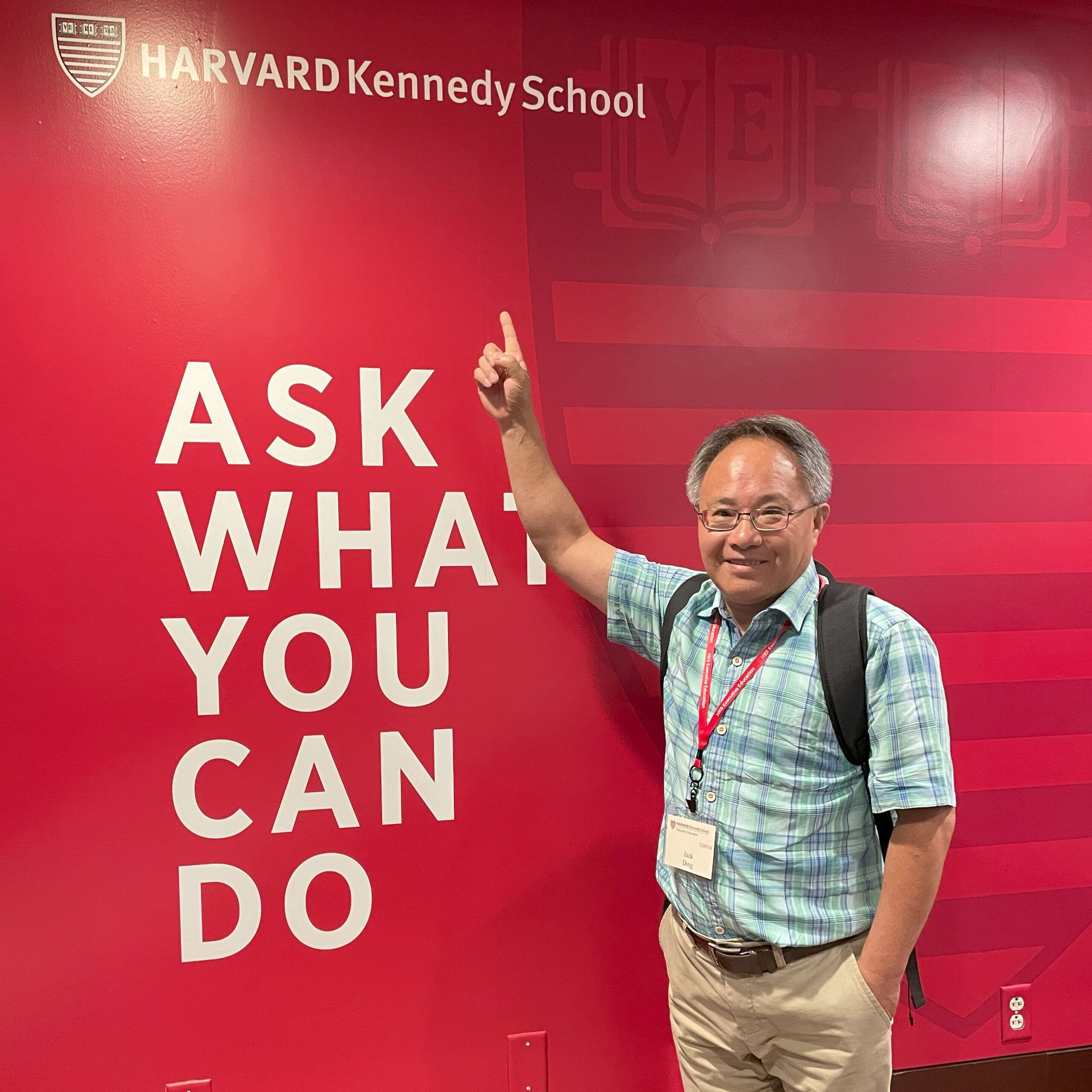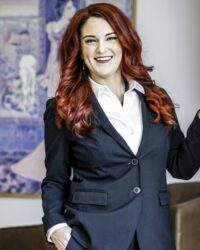This summer, I had the privilege of being admitted to the Harvard Kennedy School of Government’s Executive Education program in Comparative Tax Policy and Administration. This program is tailored for senior-level practitioners from government, academia and the private sector and focuses on the latest developments in the design and implementation of tax systems worldwide.
I am a tax professional, holding the certificate of an Enrolled Agent with the IRS. Since my election to the City Council in 2020, I have been deeply involved in the city’s budget to ensure its financial stability. The budget for the City of Sonoma includes both an Operating Budget and a Capital Improvement Program (CIP) Budget, totaling approximately $45 million. This budget represents the city’s income from various sources, primarily taxes, and outlines a spending plan that balances the need to provide essential services to residents, businesses, and visitors within the constraints of available resources. At the League of California Cities, I serve as an appointed commissioner on the Revenue and Taxation Policy Committee. As my responsibilities have grown, I’ve recognized the need to enhance my skills further, particularly in understanding the broader intricacies of tax systems.
The Harvard program spanned two weeks, from August 12 to August 23, and was led by Faculty Chair Jay K. Rosengard, a respected professor who brought together world-class experts from the Harvard Kennedy School and beyond. He also generously gifted each of us a signed copy of his book, Economics of the Public Sector, with a personalized note.
Our class included 40 students from 20 countries, including the United States, Nigeria, Tanzania, Denmark, Saudi Arabia, the UAE, Mexico, Panama, and Brazil. The diversity within the class made it feel like a mini United Nations, where we exchanged a wealth of information, ideas, and insights from our respective fields. Among my classmates were finance secretaries, legal counsels, and future leaders of their nations. I was the only student from California and the only elected official. The class was highly interactive, with everyone actively participating. One memorable classmate was was Shashi Pathak from Nepal, now a Chartered Tax Adviser (CTA) in the UK. His thoughtful questions, delivered in a strong British accent, often drew praise and . His thoughtful questions, delivered in a strong British accent, often drew praise and light-hearted remarks from Professor Rosengard. I truly enjoyed hearing the diverse voices and perspectives of my classmates, and I will miss them dearly.
The program involved extensive readings and discussions. While tax theory is relatively straightforward, the challenge lies in adapting basic principles to a range of complex domestic and international economic, political, social, and historical contexts. The program provided a rigorous conceptual framework and drew on comparative tax experiences to help us reconcile the universal unpopularity of taxation with the goal of generating significant tax revenue in a manner that is economically efficient, socially equitable, politically acceptable and administratively feasible.
Taxation is fundamentally about the redistribution of income and wealth, often following a progressive model. In the U.S., the top one-percent of earners typically pay a disproportionate share of taxes, contributing 45-percent of total personal income taxes. This can create the impression that the wealthiest are contributing more to society than the remaining 99-percent. However, driving to the airport at 4:30 am and seeing the many cars on the highway reminded me of the countless individuals – those preparing breakfast in restaurants, making the first cup of coffee or managing delivery schedules. I told myself that these people – the 99-percent – are the backbone of our society, keeping the country running smoothly.
During Professor Eric Zolt’s lecture on “Inequality and Taxation,” I critiqued the loopholes in the U.S. tax code that benefit individuals like Jeff Bezos of Amazon. Despite his immense wealth, Bezos could potentially pay zero taxes on his personal income by avoiding earned income, which typically appears on a W-2, and instead financing his lifestyle with loans secured against his Amazon stock. According to the tax code, these loans are not considered taxable income and do not need to be reported on a tax return.
Our class spent significant time comparing how developed and developing countries design fairer tax systems. One of President Biden’s proposals – a tax on unrealized capital gains for taxpayers with wealth greater than $100 million – was discussed extensively. This proposal, recently confirmed as part of Vice President Harris’ tax agenda, has sparked debate, especially among her political opponents. Proponents argue that it targets the ultra-wealthy, who have historically benefited from the absence of such a tax, thereby lowering their effective tax rate compared to many lower-income taxpayers. I anticipate that the unrealized capital gains tax will become a hot topic in the current presidential campaign.
Founded in 1636, Harvard University is the oldest institution of higher learning in the United States. Spending two weeks studying on the Harvard campus was an incredible experience – one that fulfilled a childhood dream. The knowledge and insights I’ve gained will significantly broaden my perspective and enhance my service to the community and beyond.
By Jack Ding






Great job, Councilman Jack Ding. I am very proud of you 👏